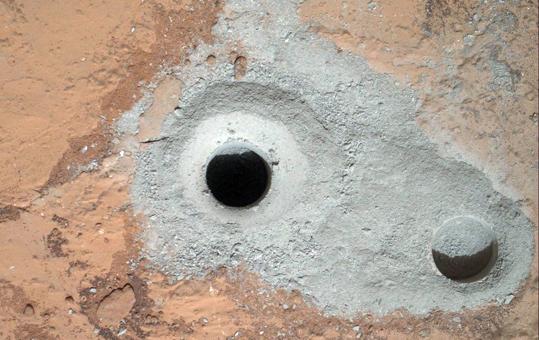
SciAm profiles a series of studies on temperature and cognition. Researchers at the University of Virginia and the University of Houston tested and compared decision making skills at warm and cooler temperatures. They found significant performance drop-offs when participants were kept at warmer temperatures. Excerpt:
The researchers decided to test this apparent link between weather and complex decision-making in the lab by performing a series of experiments comparing participants’ cognitive performance at two seemingly unremarkable temperatures: 67° and 77° Fahrenheit. People tend to be most comfortable at around 72° Fahrenheit, so each temperature represented just a 5° deviation from maximum comfort.
Despite this minimal deviation in temperature, the researchers found remarkable differences in cognitive functioning. In one lab study, participants were asked to proofread an article while they were in either a warm (77°) or a cool (67°) room. Participants in warm rooms performed significantly worse than those in cool rooms, failing to identify almost half of the spelling and grammatical errors (those in cool rooms, on the hand, only missed a quarter of the mistakes). These results suggest that even simple cognitive tasks can be adversely affected by excessive ambient warmth.
In a second study, the researchers showed similar effects for more complex cognitive calculations. In this study, another group of participants were asked to choose between two cell phone plans, again in either a warm or a cool room. One plan looked more attractive on the surface, but was actually more expensive; simple patterns of decision-making would therefore lead participants to choose the more expensive plan, whereas more complex analyses would lead participants to correctly choose the more cost-effective plan. Participants in the cool room made the correct choice over half the time; those in the warm room, on the other hand, made the correct choice only a quarter of the time. Warmer temperatures seemed to make participants more likely to rely on simplistic patterns of decision-making, which in turn led to inferior choices. These results suggest that complex decision-making, like simple cognitive tasks, is adversely affected by warm temperatures.
More at the link, including summary of a third study.

